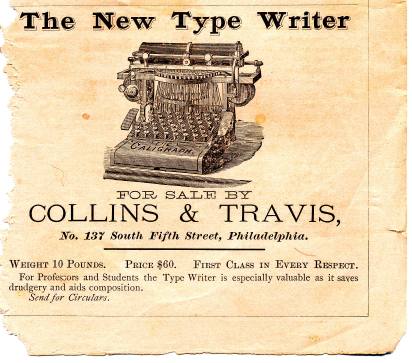Call me a starry eyed innocent, but I made an honestly shocking discovery recently. Now, I don’t generally watch a lot of TV, but it was vacation, I was tired of being glued to the computer, already took a walk, yatta yatta, so I decided to see if there was anything on. (“Yeah, yeah, alright, get on with it.”)
…Okay, I’ll admit that during basketball season, you will find me plunked down in front of the tube many evenings, for at least the second half. But it’s the off-season; this is a whole different ballgame.
Anyway, with no games on – and even the Red Sox back in the traditional wait-til-next-year mode – what sounded good that night was an early John Cusack film, “The Sure Thing,” which was showing on WE – that’s right, the chick-flick channel.
(Directed by Rob Reiner, it’s a cute one when or if you’re in the mood for a witty romantic comedy. I was coming in around the last half of the movie, and quickly remembered that I’d seen it before with my lady because of one scene. It’s when the female lead’s painfully-perfect Ivy League boyfriend offers her a cup of tea, and smugly starts to tick through his long list of choices. “…English Breakfast -- but that’s more of a ‘studying’ tea, isn’t it?” Funny the things you remember.)
But what I noticed this time was that the commercials just seemed to go on and on, and on… Every time my attention rose in expectation of the film resuming, yet another commercial started. Even with the sacred
Mute button armed – don’t watch without it! – it was exhausting and frustrating. So, after spending the next break in the kitchen, I started timing the breaks. I was dumbfounded to discover that the commercial break was eight minutes long. Eight minutes!
But Wait, There’s More: in between these stupifyingly long series of ads, they generously screened 12 minutes of the film.
One gropes for a word that would begin to do justice to this: impossible? Absurd? Grotesque? I would not have believed it if I hadn’t seen and measured it myself.
Equally as astonishing as the length of these assaults was a mind-numbing phenomenon which we are all sadly accustomed to: at each break, they show you
all the same commercials! On this channel, the same ones they hurled at you just twelve minutes before. It's relentlessly mind-numbing, insulting, and makes me angry at the companies pushing them at me. Put
that in your focus group and smoke it.
Do you mean to tell me that anybody is sitting there and watching all, or most, or any significant percentage of those commmercials?
Hel-lo, TV advertisers – they couldn’t possibly be. Nobody could even take in all that so-called information: if those were 15-second spots, that’s 32 commercials in a row. You’re letting that station make fools of you if you think anyone’s even capable of recognizing your message in the middle of all that, no matter how many times it’s shot at them, I don’t care what kind of stats they’re claiming.
You are wasting your money.
Being a longtime believer in Proactive Television Watching
(TM), I did hit my friend and ally the Mute button (as usual), and literally pulled out a book and read during the next couple commercial breaks, because I didn’t remember how the movie ended. So yes, I kept watching the film, but decisively tuned out the ads – and that’ll be the last time I watch that channel.
O how we long for the return of the original “Outer Limits” show – because at the end they used to say, “We now return control of your television set to you…”
(Postscript)
I did have a similar experience a couple years back – although it wasn’t this bad – when I tried to watch the film “Rudy” on ESPN Classic. I was literally exhausted by the end of it, and that’s the last time I watched a film on that station, either.
To be fair, I just saw “9 to 5”, with Tomlin, Fonda and Parton, on AMC last night, and they’ve kept their heads at that channel; they ran the old fashioned two-minutes’ worth of ads, which seems reasonable.
We're not anti-advertising types, by any means -- we have a pantheon of favorite ads, too. Just be clever about it, and we'll watch and even tell friends about them. But if you can't attain the heights of Cleverness, jeez, at least be intelligent about it.





